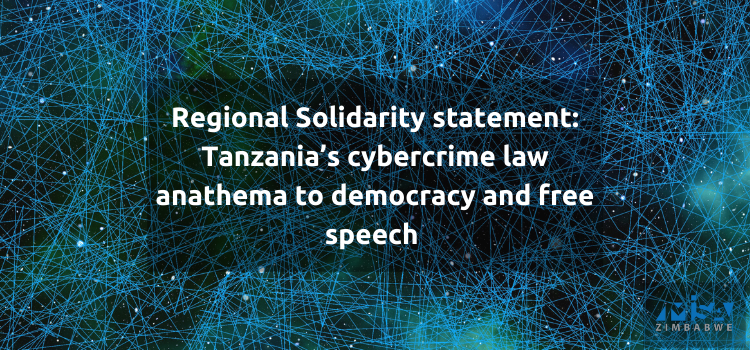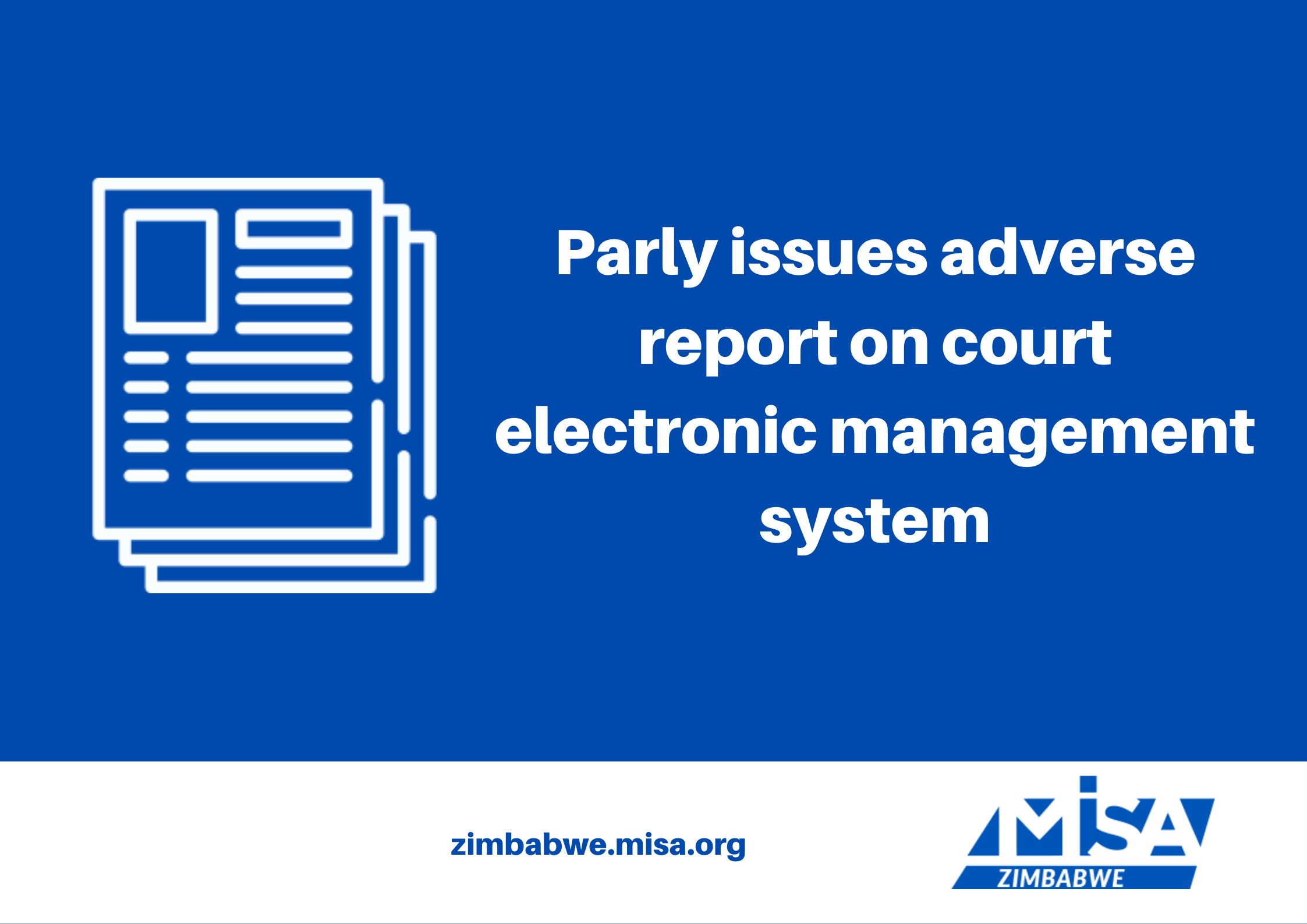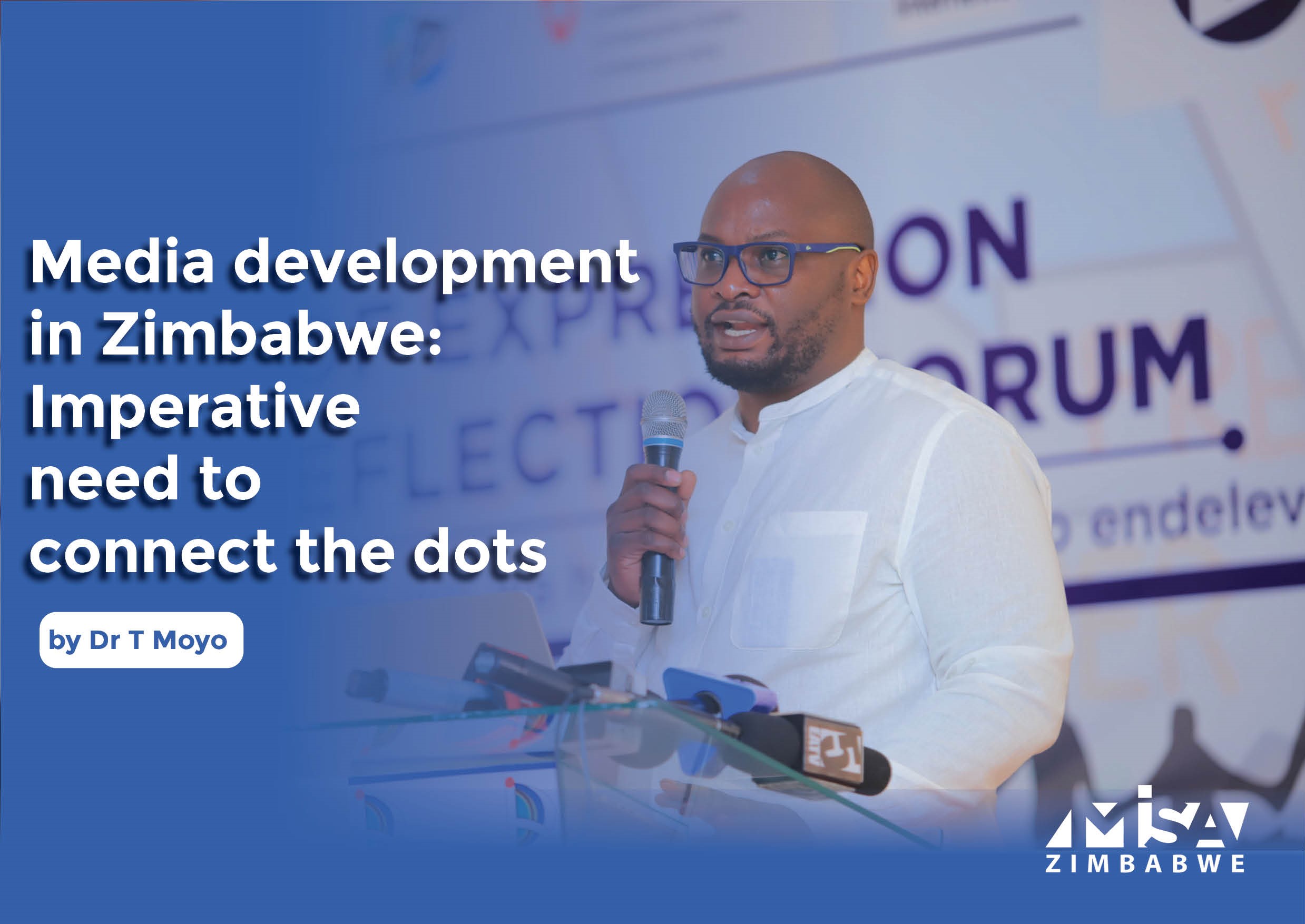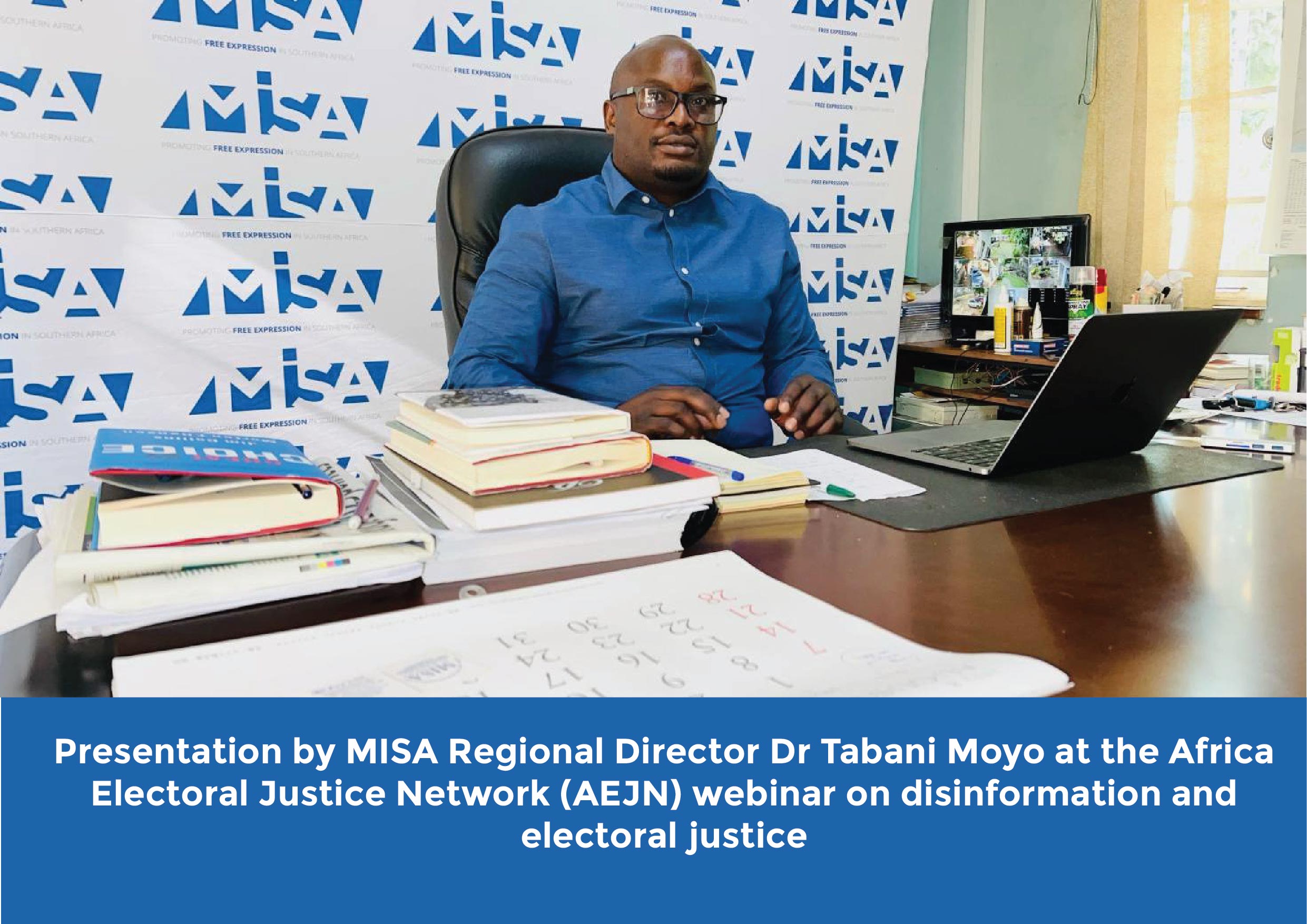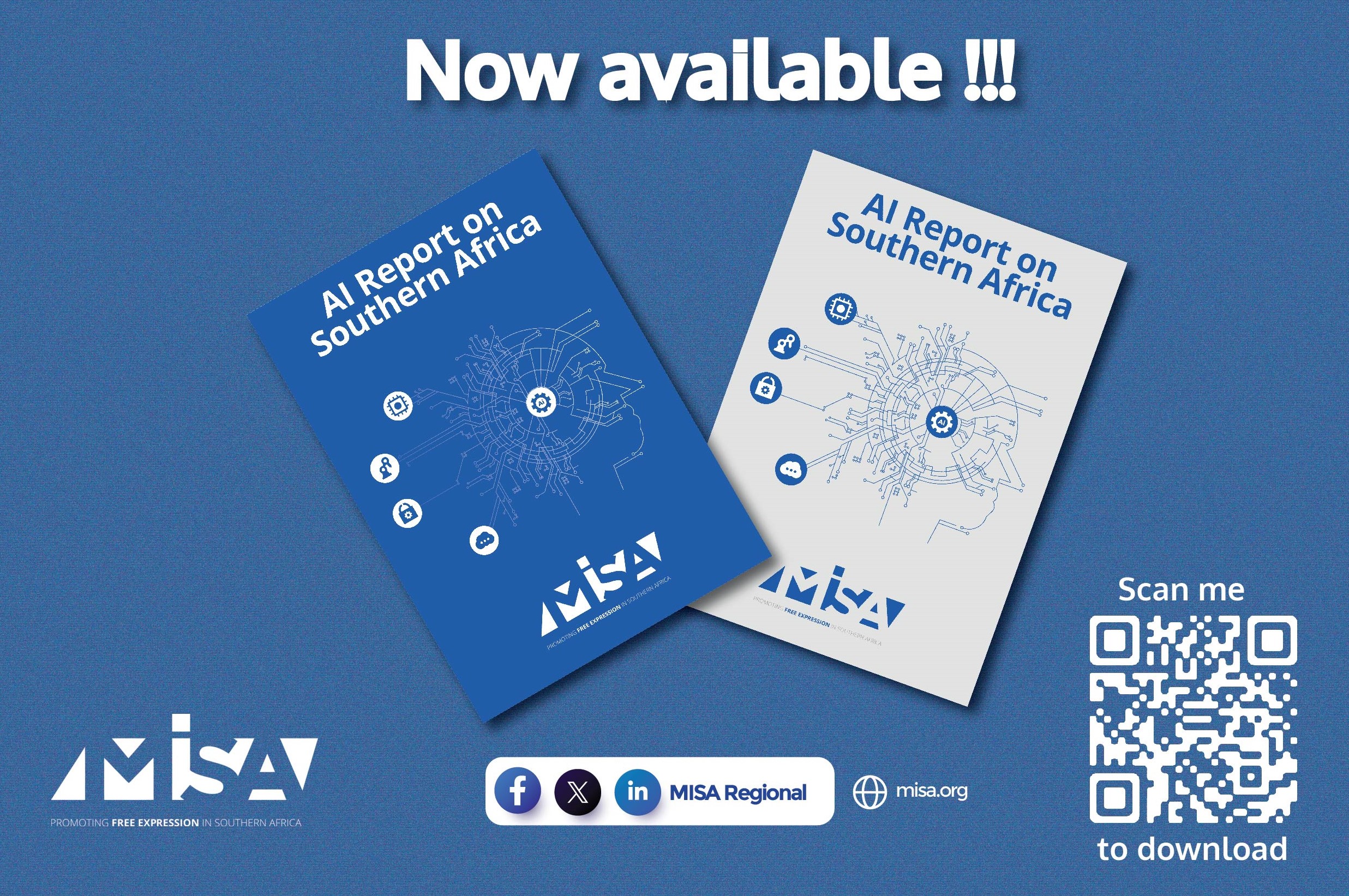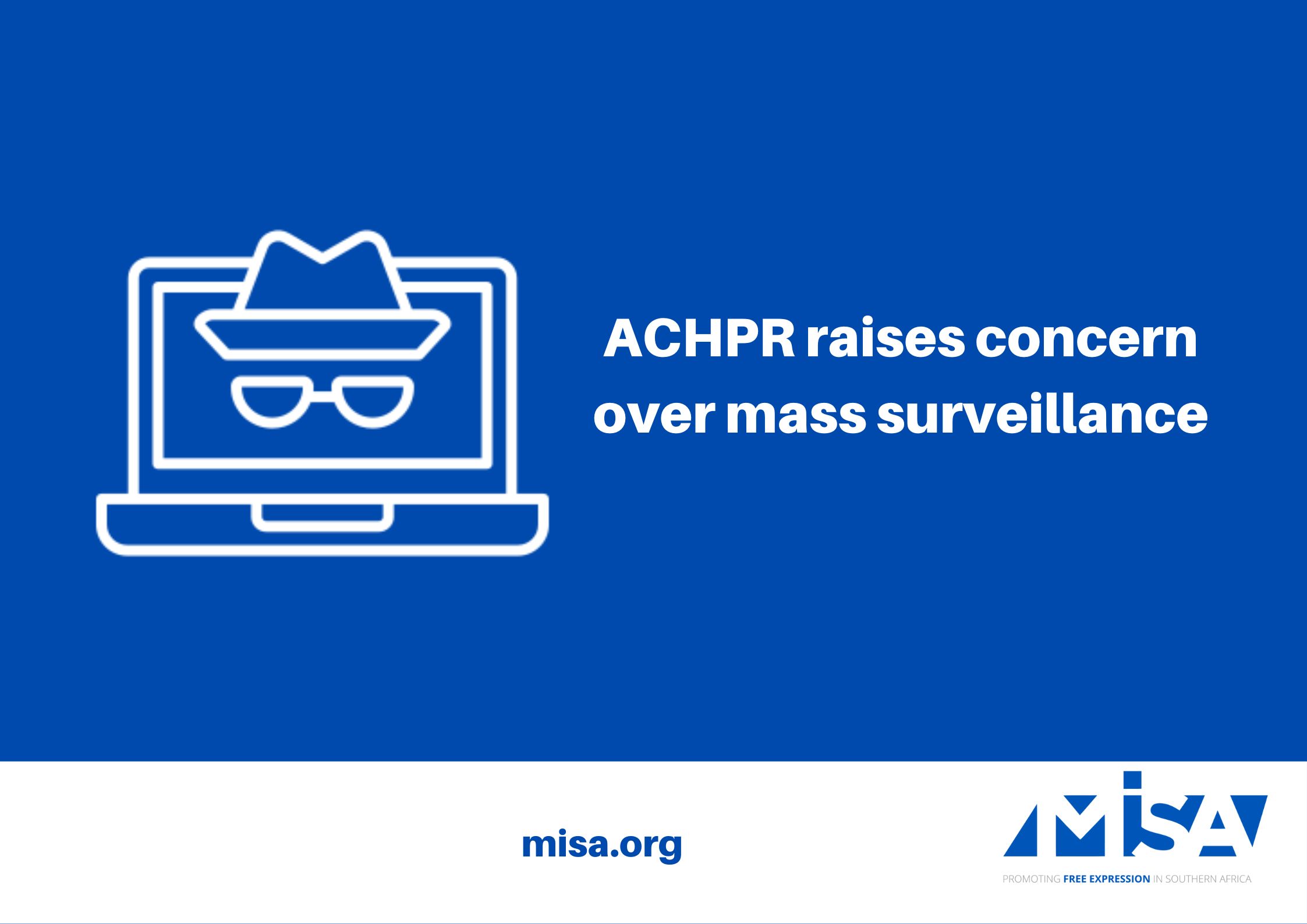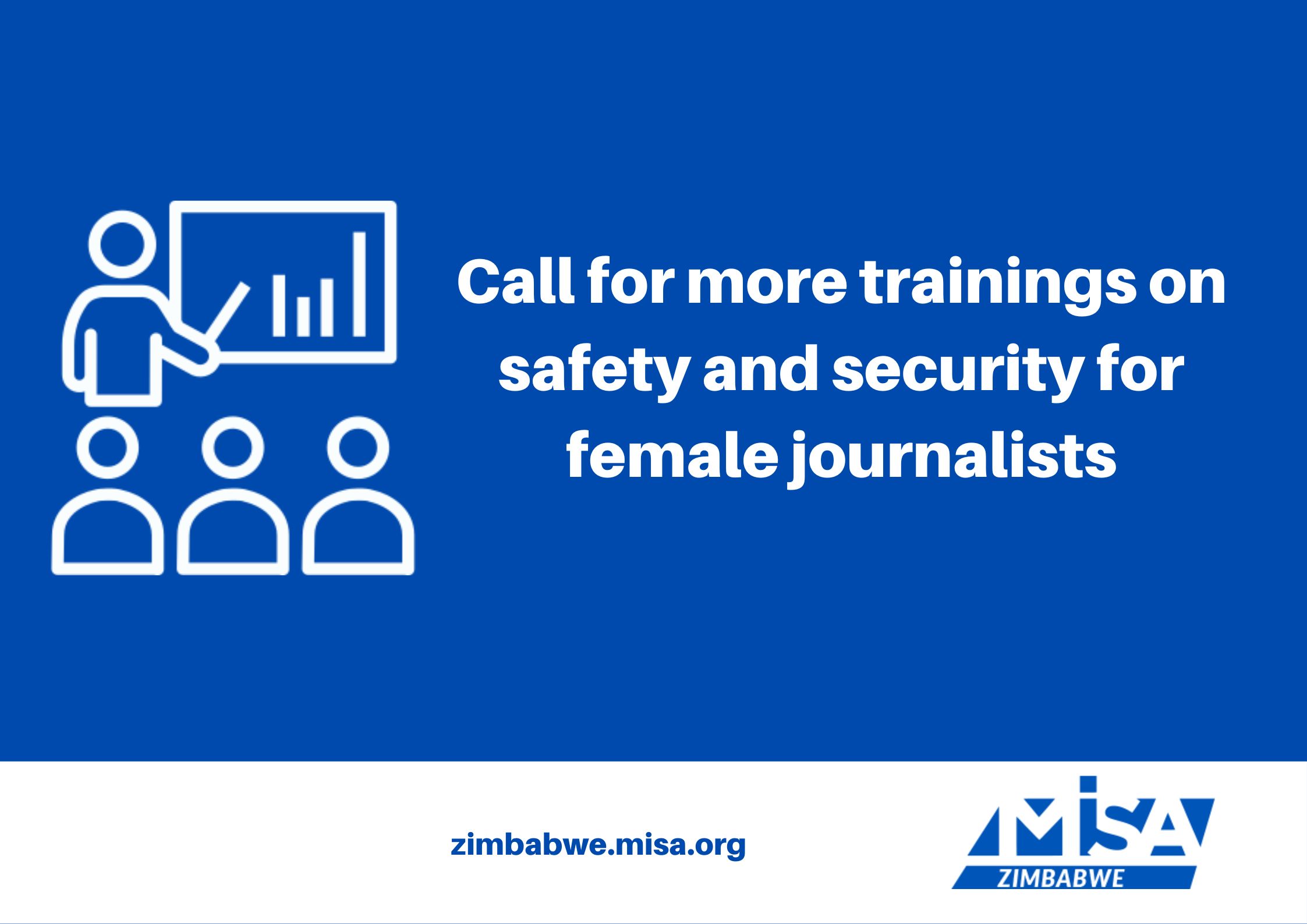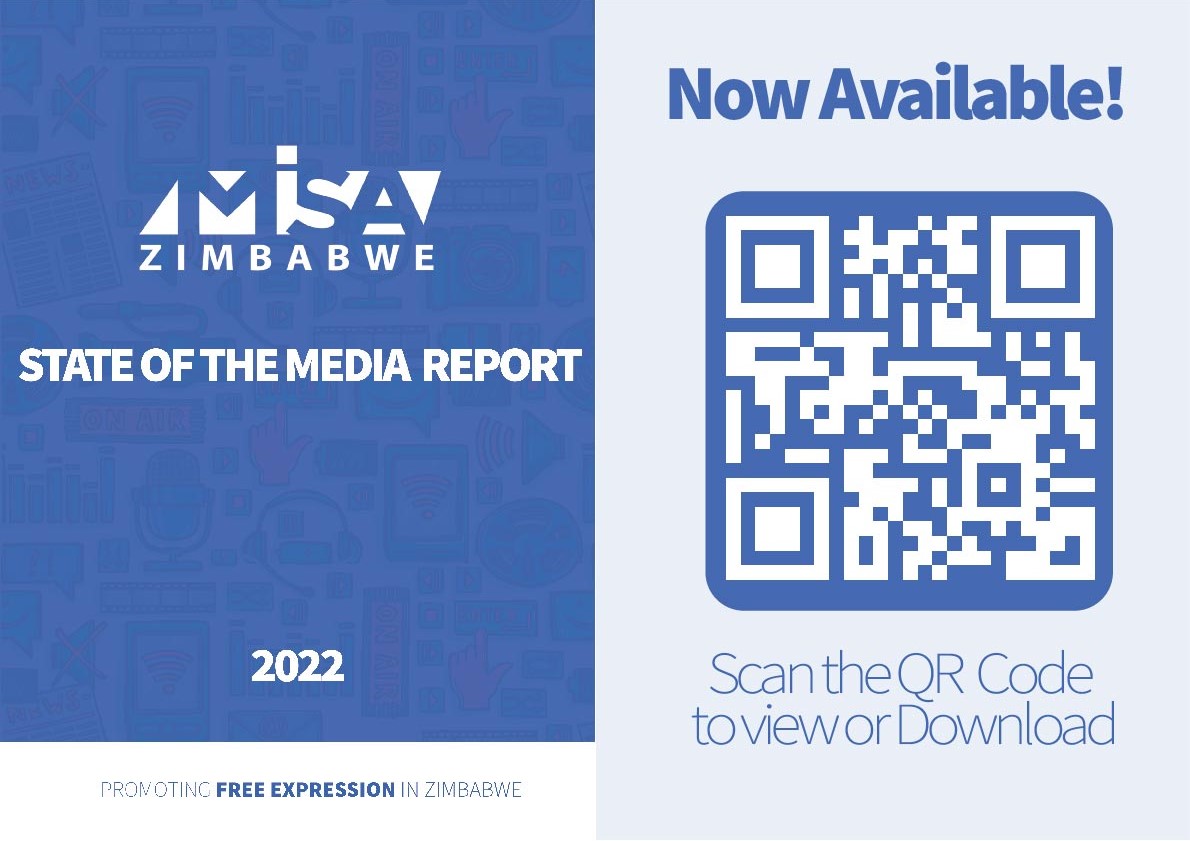Tanzanian journalist Mary Victor, with the Raia Mwema newspaper was charged for sedition after she allegedly shared a video clip of patients allegedly fleeing a COVID-19 centre in that country.
She shared the video clip with her colleagues on 19 May 2020 and was immediately arrested. The police accuse Victor of contravening sections of the Cybercrime Act of 2015, which prohibits people from sharing unverified information.
Victor was released on bail on 1 June 2020, 12 days after she was arrested, under very stringent conditions, including that she reports to the police daily until the conclusion of her case.
While the case goes through the justice system, MISA Zimbabwe is of the opinion that such a law has no place in a democratic society and contravenes freedom of expression. MISA Zimbabwe is concerned that the Cybercrime law is being used to stifle freedom of expression and of the media.
With the internet becoming more ubiquitous across the region, Southern African countries are increasingly resorting to cybercrime laws, which unfortunately have a chilling effect on the practice of journalism and the exercise of freedom of speech.
Read: COVID-19, fake laws used to stifle free speech
Just recently, Tanzanian authorities warned citizens against publishing, forwarding or creating fake news and misinformation about the novel coronavirus in the country. Furthermore, the Tanzania Communications Regulatory Authority (TCRA) was ordered to make follow-ups on those who fabricate news through social media.
MISA Zimbabwe has already expressed its concerns that Tanzania could be using such regulations to curtail any criticism of the present government.
MISA Zimbabwe position
We urge the Tanzanian government to repeal this archaic law which unjustifiably limits the exercise of freedom of expression. We note that press freedom has been on the wane in Tanzania over the past few years and we urge the government to stop that decline.
There is need for Tanzania to ensure its media freedom and freedom of expression laws, and the right to access to information, are aligned to African Union (AU) protocols and instruments such as the African Charter on Human and People’s Rights (ACHPR), the Declaration of Principles on Freedom of Expression and Access to Information in Africa and the African Declaration on Internet Rights and Freedoms.
We also urge Tanzania to be cognisant of digital rights and ensure that these are enshrined in the country’s legislation and in line with the African Declaration on Internet Rights and Freedoms.
End
MISA Zimbabwe Regional Solidarity Statement




